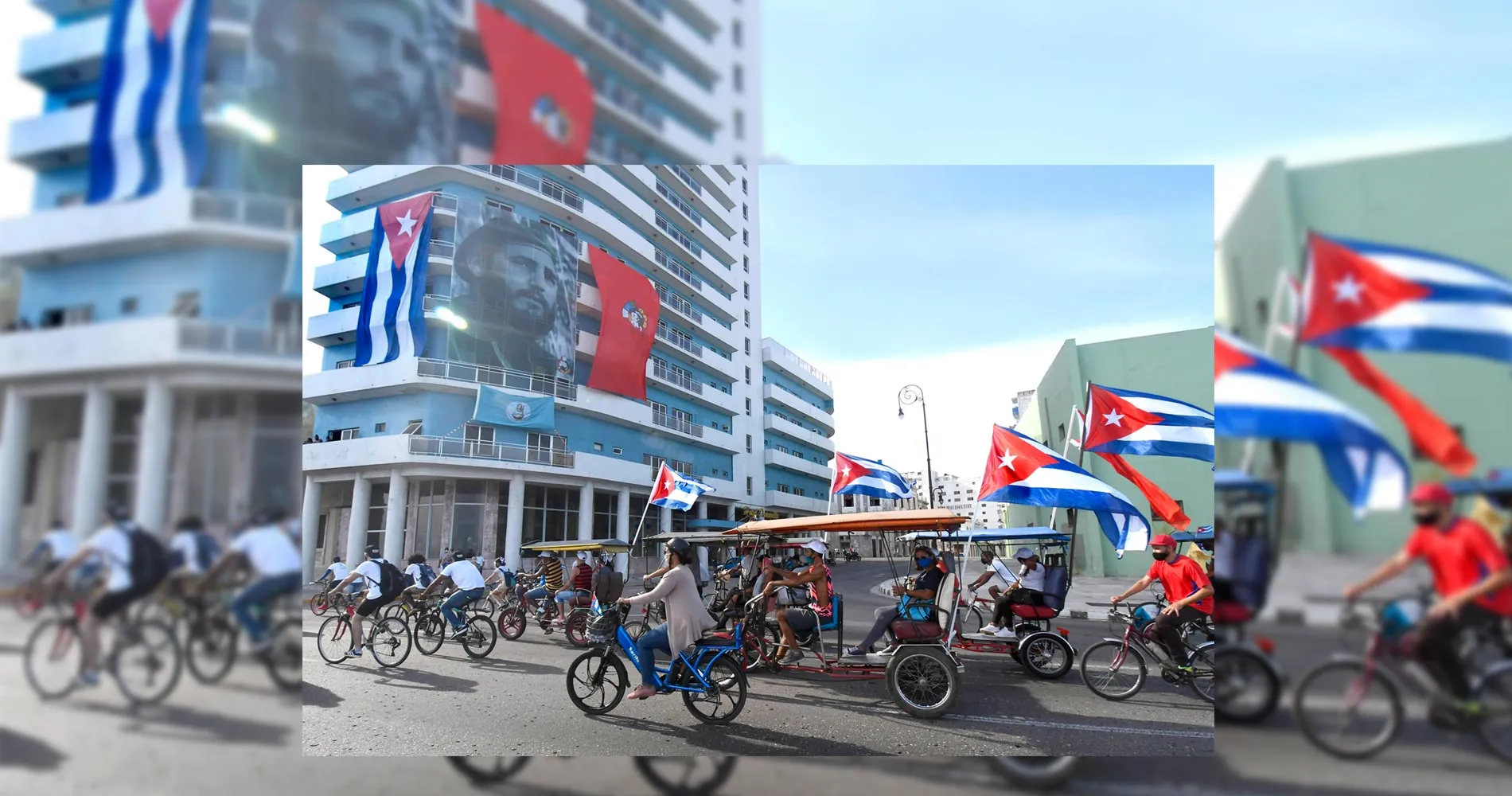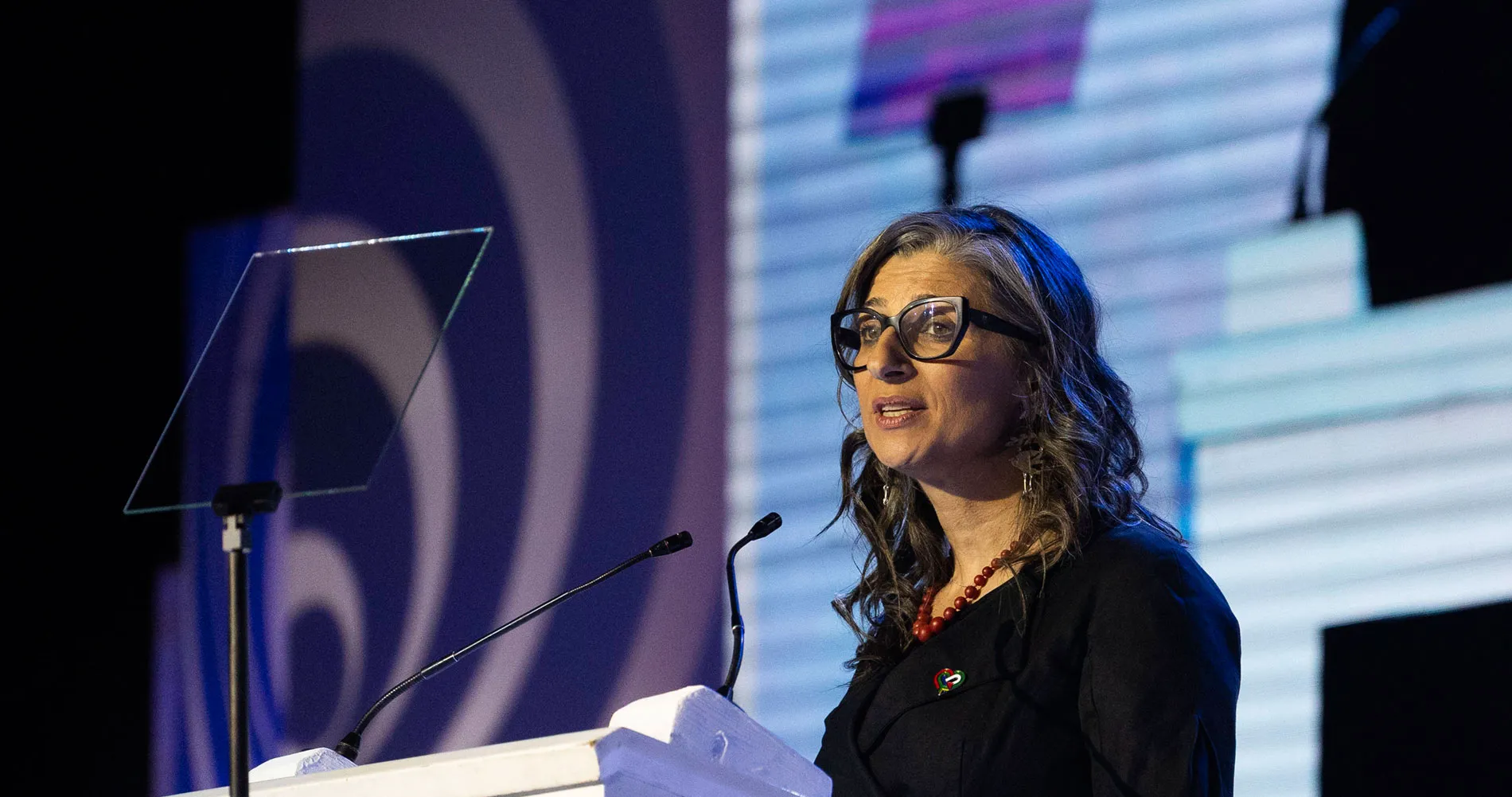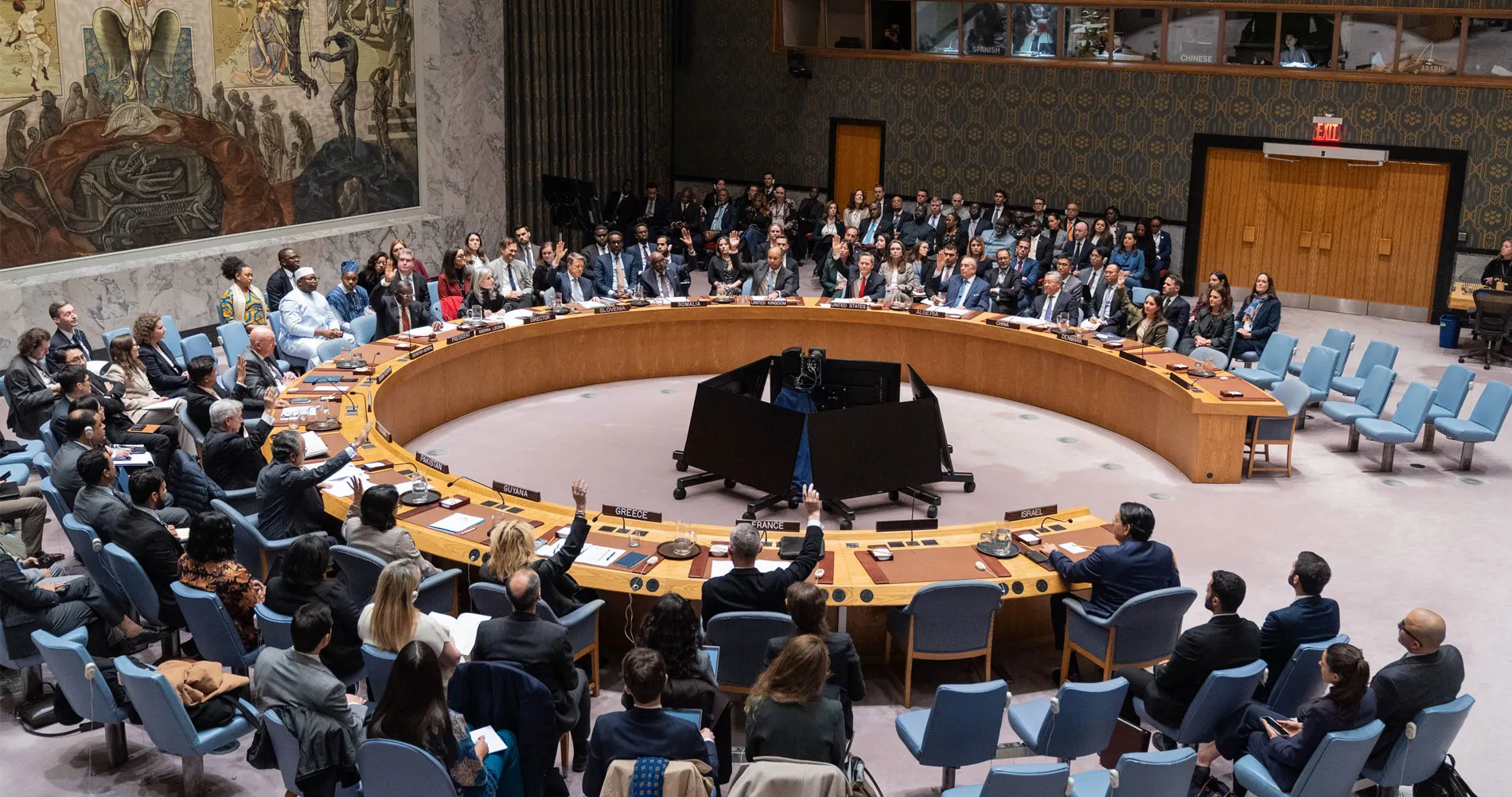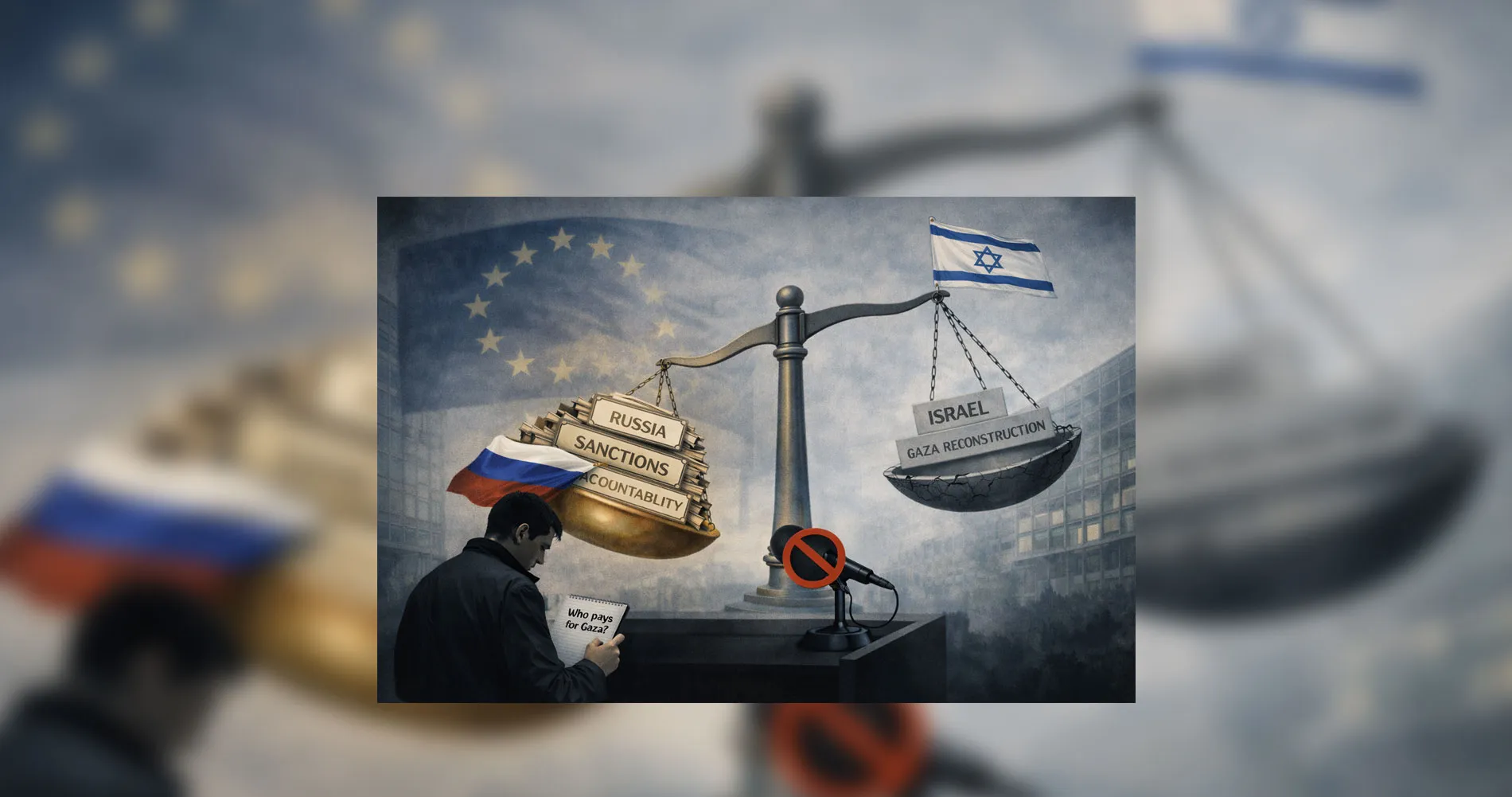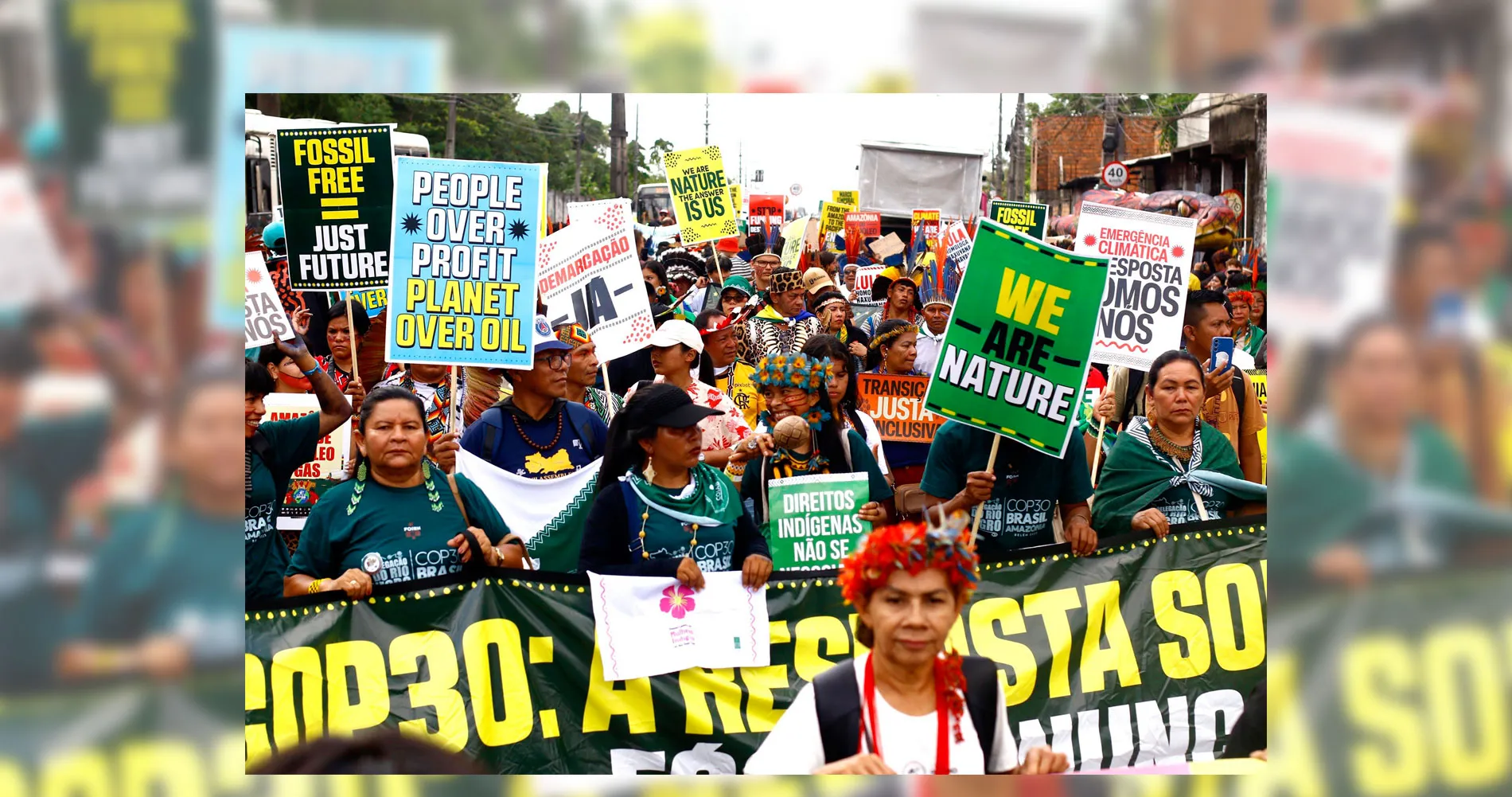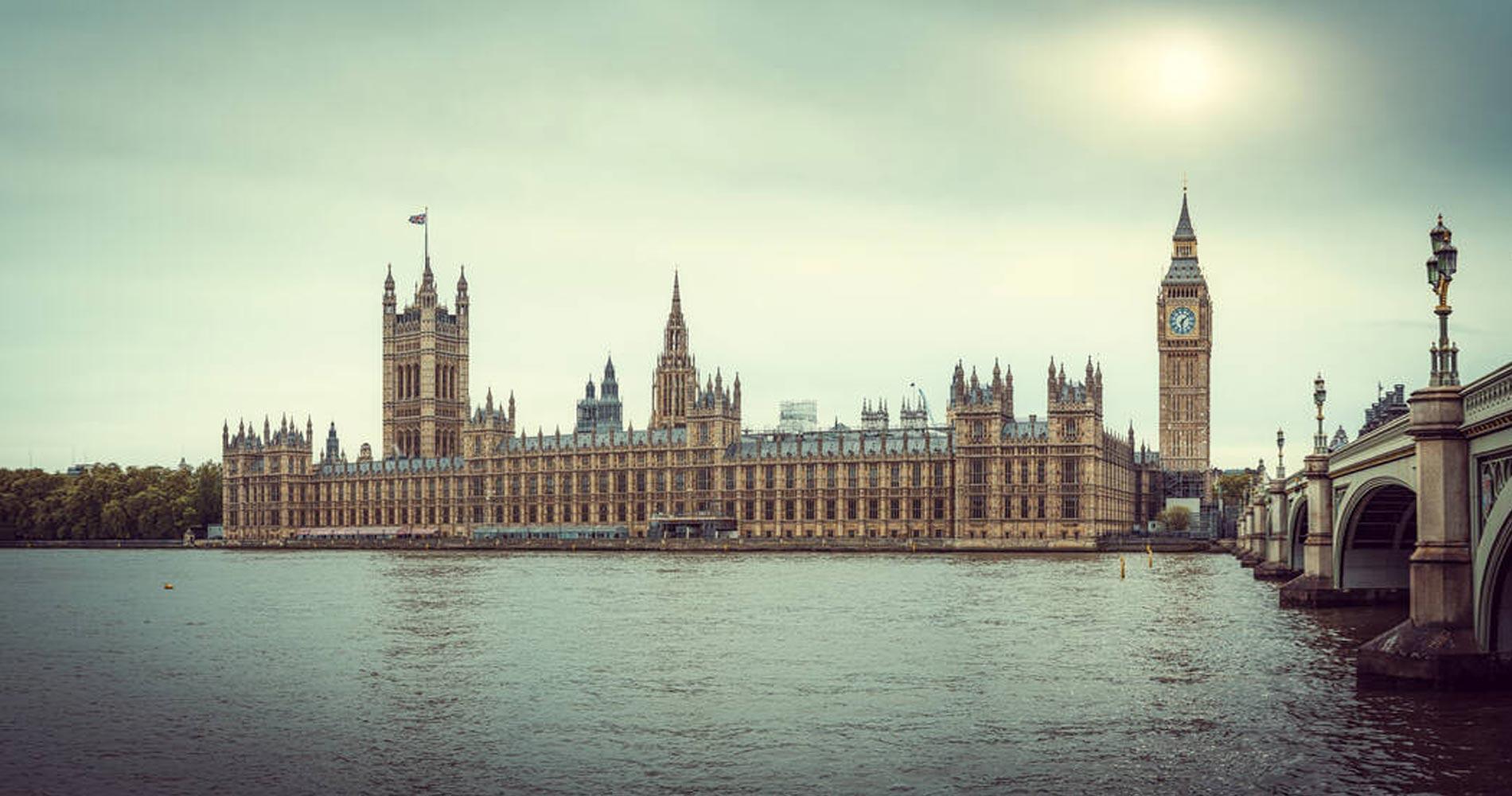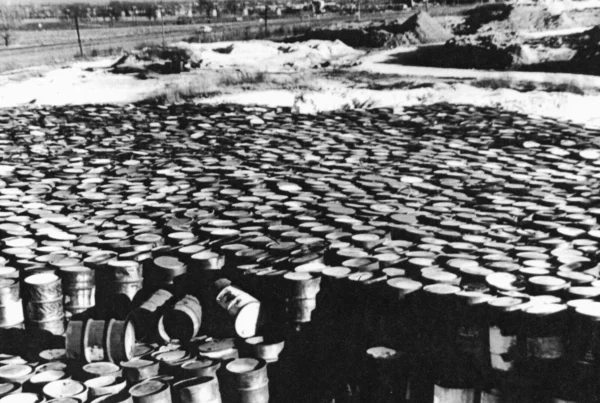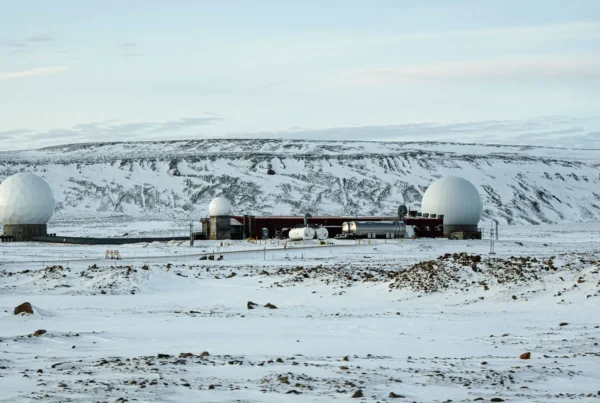The United States’ embargo against Cuba, initiated in response to the nationalization of US properties following Fidel Castro’s revolution, has been a contentious international issue for over six decades. The embargo’s continuation reflects not only the complex historical relations between the US and Cuba but also current geopolitical tensions and alliances. The indictment of Democratic Senator Bob Menendez could potentially influence US policy on Cuba moving forward.
Yegor Shestunov
16 January 2024
Chinese version | French version | Spanish version
The US sanctions program against Cuba, imposed after the 1959 Castro revolution and formalized in 1963 with the Cuban Assets Control Regulations, is the oldest in existence. Initiated by Executive Order 3447 under President John F. Kennedy in 1962, the embargo aimed to isolate Cuba for its alignment with communist powers. The continuation of sanctions has been justified over the years by citing human rights violations by Havana and its support for Venezuela’s Nicolas Maduro, despite Cuba’s steadfast stance on these issues.
Cuba has annually presented since 1992 a motion at the UN General Assembly (UNGA) condemning the sanctions. The consistent support for this motion by most UN Member States except the US, Israel (with an exception in 2016) and recently Ukraine reflects the international community’s disapproval of the embargo. The US veto, however, stands firm.
This year’s resolution, titled “The necessity of ending the economic, commercial and financial embargo imposed by the United States of America against Cuba,” highlights the UNGA ‘s concern over the continued adverse effects of the embargo on both Cuban citizens and expatriates. However, despite brief relaxations under President Barack Obama, the embargo has intensified since 2017.
The UNGA passed a non-binding resolution every year since 1992, except for 2020 (because of absences due to COVID-19 pandemic), condemning the ongoing impact of the embargo and declaring it a violation of the Charter of the United Nations and of international law. In response, for the 31st consecutive year, the United States has consistently vetoed the resolution of the UNGA calling for an end to the economic, commercial and financial embargo against Cuba. This US position, reflecting a policy dating back to the aftermath of the 1959 Cuban revolution, comes despite overwhelming global support for lifting the sanctions.
The most recent UNGA vote on 2 November 2023 starkly showcased global sentiment on the issue: 187 in favor, 2 against (the US and Israel), and 1 abstention (Ukraine). Cuban Foreign Minister Bruno Rodríguez Parrilla criticized the embargo as an act of economic warfare that violates international trade rules and hampers Cuba’s development. He stressed the inhumane nature of the embargo, particularly during crises such as the COVID-19 pandemic. Several other states, including Gabon, Chile and Peru, also openly opposed the embargo. They highlighted that the embargo is a violation of international law and emphasized its detrimental impact on Cuba’s public health, culture, economic performance and overall well-being.
In defense of the US stance, Representative Paul Folmsbee emphasized the US support for Cuban human rights and freedoms, portraying the sanctions as part of a strategy to encourage democratic reforms in Cuba.
Initially, the embargo was against Cuba, but has now expanded to penalize foreign companies and banks operating in Cuba with the introduction of the Torricelli and Helms-Burton laws in 1992 and 1996, respectively. This transformed the embargo into a broader blockade, extending its impact internationally.
The sanctions are comprehensive yet porous, with numerous exceptions allowing limited trade. According to experts such as Richard Feinberg, professor of international political economy at the University of California-San Diego, these measures do not prohibit non-US firms from trading with Cuba – but the repercussions of the embargo make trade and investment riskier and more costly.
These exceptions have fluctuated under different administrations. Travel between the US and Cuba remains legal under certain conditions, but regulations have become more restrictive, with the Trump administration eliminating the “people-to-people” exception in 2019.
The US policy towards Cuba is heavily influenced by internal politics, particularly the electoral significance of Florida, home to a large Cuban expatriate community. This has often hindered any significant relaxation of the embargo.
Public opinion of the embargo fluctuates from year to year, with the vast majority agreeing that the embargo has not achieved its objectives. The current political landscape in the US, especially the evenly split Senate, has influenced the Biden administration’s stance on Cuba, aligning with figures like Democratic Senator Bob Menendez who is a staunch supporter of the Cuban embargo.
Senator Menendez is now under indictment for corruption-related offences. His charge includes conspiring to act as a foreign agent for the Egyptian government and accepting hundreds of thousands of dollars in bribes over many years. Menendez stepped down in September 2023 as chair of the Senate Foreign Relations Committee. Many Democrats are now in a dilemma, having defended Menendez over the years. For the Democrat party, the Menendez indictment could prove politically costly with the potential to influence US policy on the Cuban embargo and the upcoming US presidential elections in 2024.


